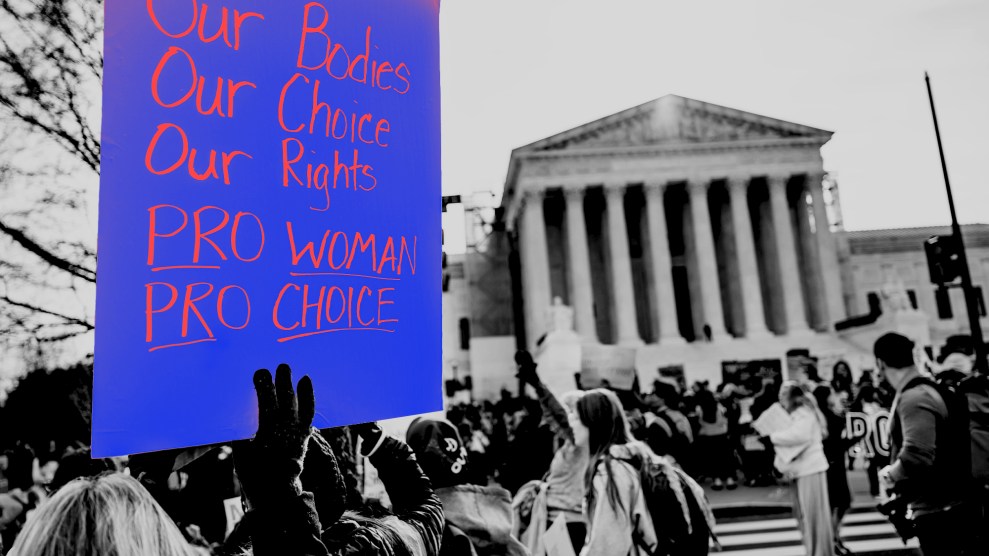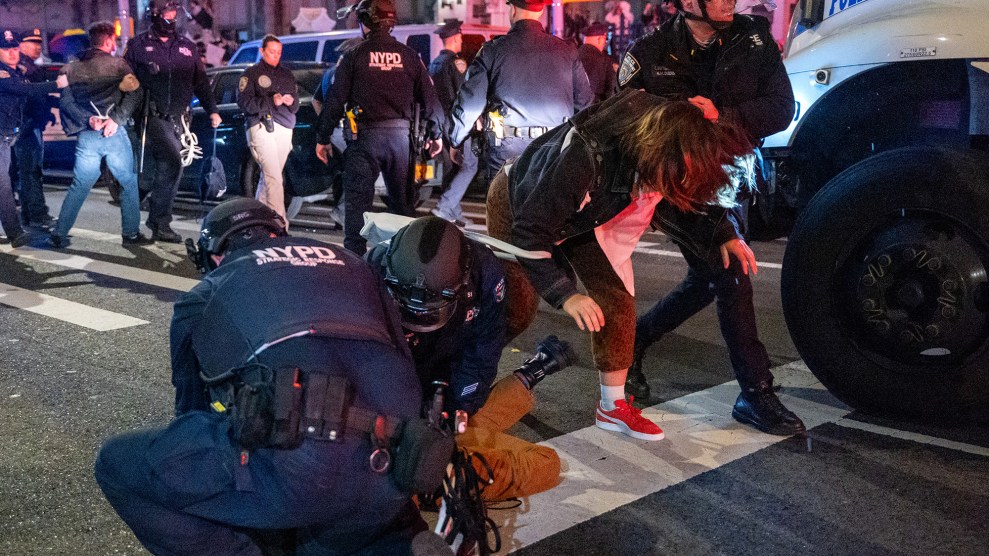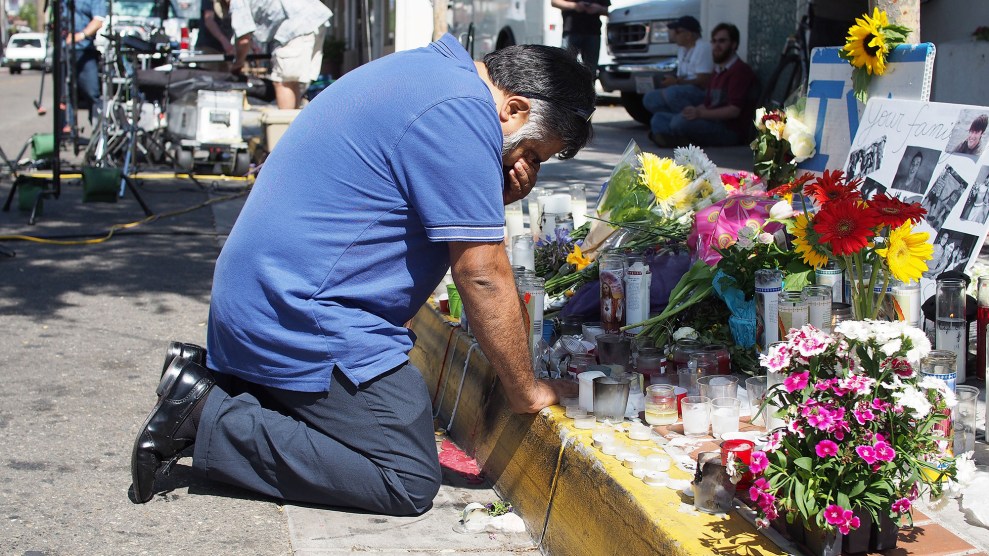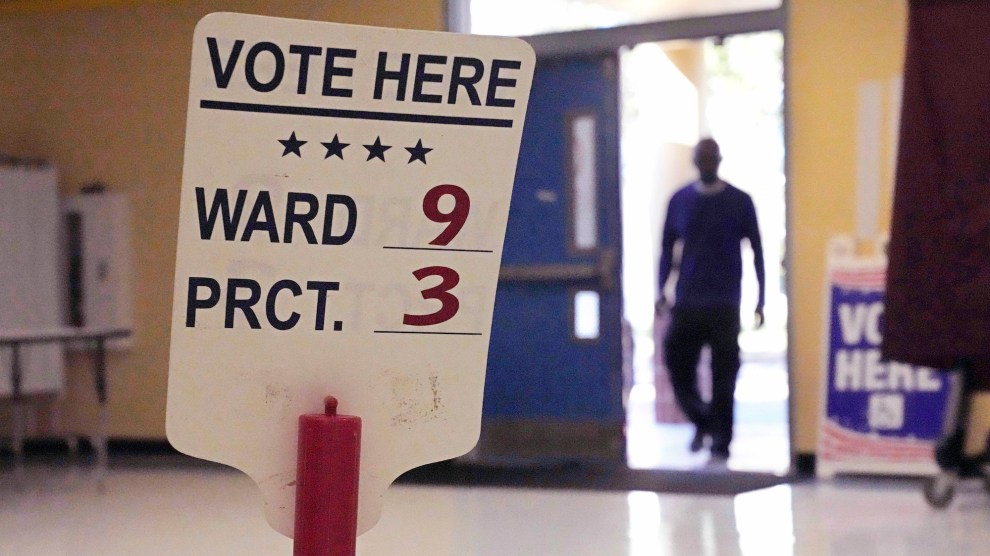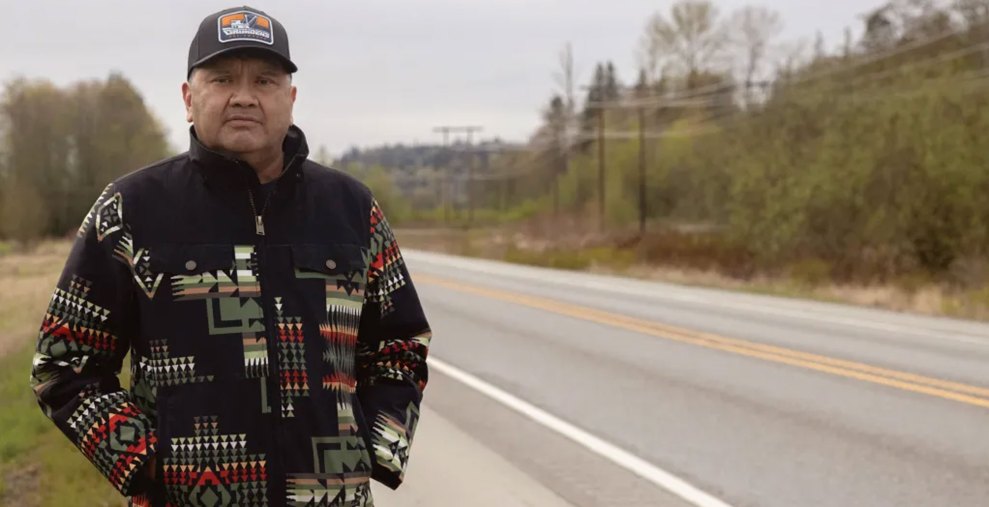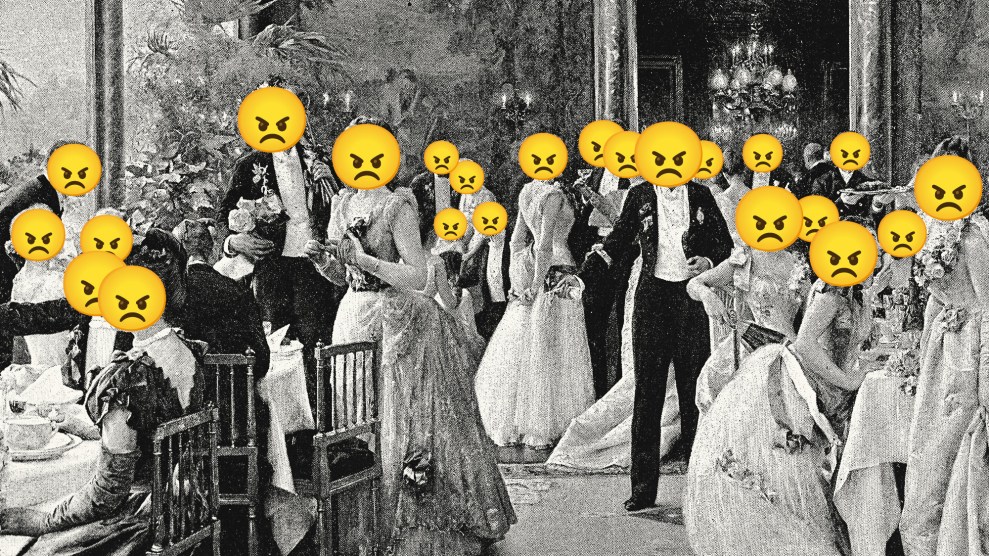In February 1994, ABC’s newsmagazine “Day One” ran a tough, well-documented investigation revealing that tobacco companies deliberately add nicotine back into cigarettes after removing it during the manufacturing process–boosting profits by restoring a substance known to hook consumers. The story garnered two major journalism awards, as well as a $10 billion libel lawsuit from Philip Morris. The huge amount ensured headlines, despite the little-reported fact that Virginia, where the suit was filed, places a $350,000 limit on punitive damages.
ABC had told the truth and possessed the resources to battle the suit. Still, the network decided it would rather quit than fight–and, apparently, had planned this decision from day one. Alan Braverman, chief counsel for Capital Cities/ABC, hired his old law firm, Wilmer, Cutler & Pickering, to pave the way for a settlement.
The lawyers handling ABC’s defense, led by Stephen Sachs and Roger Witten, had little libel experience. While Philip Morris aggressively pursued its case, deposing the ABC staffers who worked on the story and looking for possible holes in their investigation, Wilmer, Cutler & Pickering was passive. For example, when it was disclosed that the judge selected to try the case, Theodore J. Markow, had a brother who was a plant manager for Philip Morris, ABC’s legal team declined to request another judge.
Meanwhile, Philip Morris was relentlessly digging into the backgrounds of “Day One” reporters, in an effort to discredit them and discover the identity of “Deep Cough,” an anonymous tobacco industry source who had contributed to the story. The ABC legal team made only halfhearted efforts to defend reporters from Philip Morris’ harassment, sitting by while the judge issued an unprecedented order permitting Philip Morris to subpoena one month of the reporters’ phone, credit card, and airline records. By the time the law firm protested and convinced the judge to reverse his order, Philip Morris already had obtained seven years of American Express card records for the lead reporter. The ABC lawyers delayed telling the reporter the full extent of what had happened. (A lawyer involved in the case blamed the fiasco on American Express. When asked if the law firm had ever represented American Express, the lawyer said he didn’t know. It had–a possible conflict of interest.)
In order to determine their chances should the lawsuit go to court, ABC’s lawyers conducted two simultaneous mock trials in the heart of tobacco country. The trials were held after Philip Morris had done its discovery of ABC documents, but before ABC had done any. In effect, the trials matched Philip Morris’ best case with ABC’s worst. Nonetheless, in both mock trials the jury found in favor of ABC by majorities of 11 to 3. For ABC to have lost the libel case, a jury would have had to render a unanimous verdict against them. (Lawyers involved in the case refuse to comment.)
Despite such promising signs, ABC chose not to go to trial. From the beginning, say several ABC sources, back-channel negotiations were taking place between top executives at ABC and Philip Morris. The language for an ABC apology already was being crafted within the first weeks of the case. Also, according to several people who worked on the exposé, ABC’s defense team did not reconstruct how “Day One” reported and produced the story until months after Philip Morris initiated the lawsuit.
ABC’s lawyers did prepare a brief requesting summary dismissal in the event the lawsuit went to trial. Running some 50 pages long, the brief cited evidence that Philip Morris “precisely controls the strength and quantity of this physically separate, nicotine-containing tobacco extract that it adds to the tobacco sheet.” Despite the network’s pending settlement, some staffers requested this brief be filed with the court to substantiate ABC’s reporting. ABC refused. Instead, claiming they didn’t want to upset Philip Morris, they filed a one-page “summary” of the brief. The full brief was placed under seal at the request of Philip Morris, which argued the document revealed “proprietary secrets.” (In January, the full brief was leaked to the Legal Times.)
In August of 1995, a year and a half after the story ran, ABC settled the lawsuit by agreeing to pay $15 million in legal fees and by offering a public apology on a minor point in the documentary concerning nicotine added from “outside sources.” The tobacco industry was triumphant. “Apology accepted,” Philip Morris crowed in full-page ads in 700 publications nationwide.
